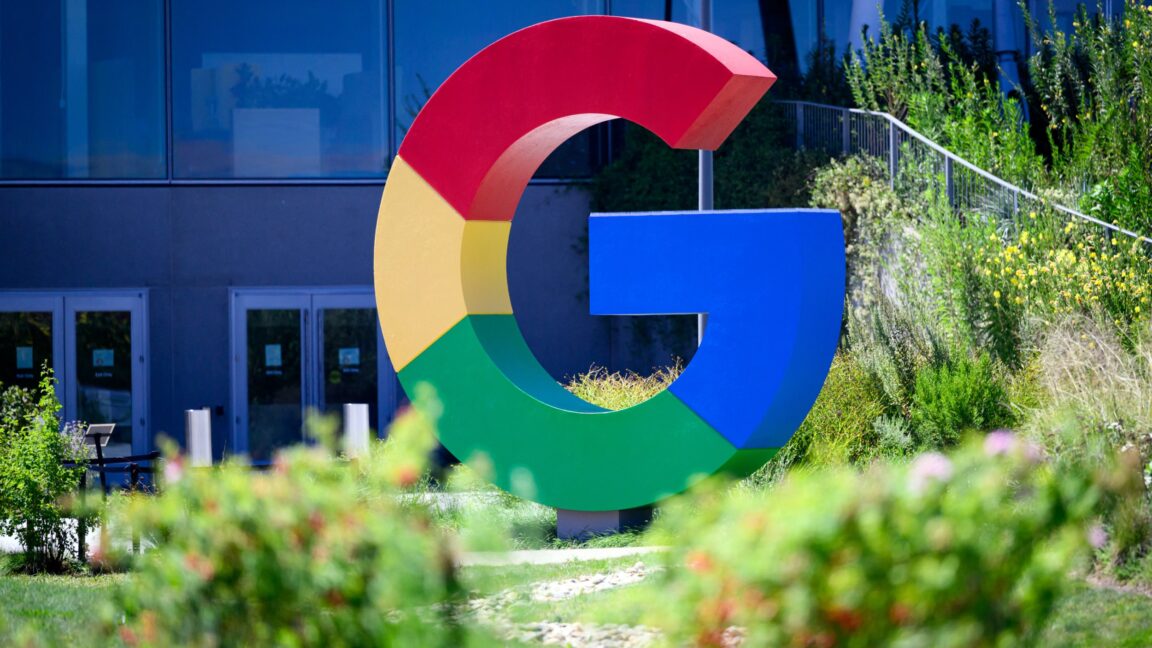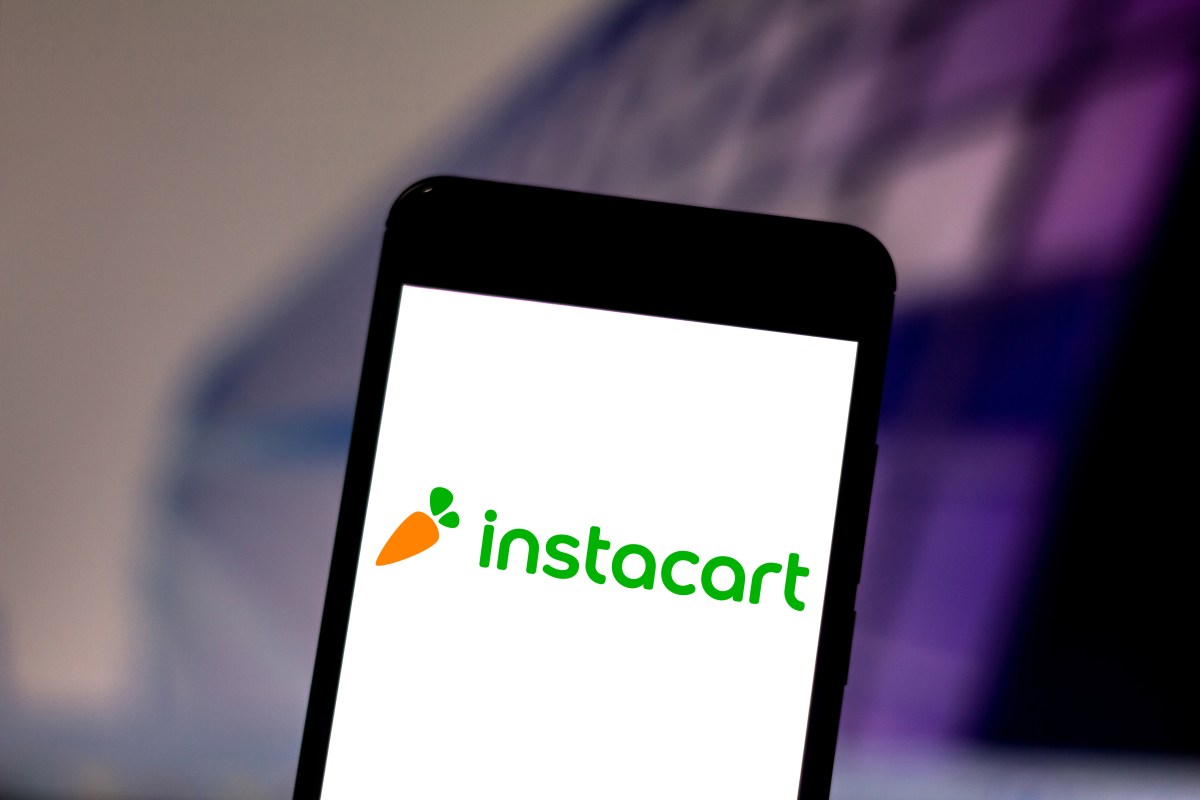There's money to be made
Google is quietly testing ads in AI chatbots
Unsurprisingly, an advertising company is finding more places to run ads.
Ryan Whitwam
–
May 1, 2025 1:01 pm
|
47
Credit:
Getty Images | Josh Edelson
Credit:
Getty Images | Josh Edelson
Text
settings
Story text
Size
Small
Standard
Large
Width
*
Standard
Wide
Links
Standard
Orange
* Subscribers only
Learn more
Minimize to nav
Google has built an enormously successful business around the idea of putting ads in search results. Its most recent quarterly results showed the company made more than $50 billion from search ads, but what happens if AI becomes the dominant form of finding information? Google is preparing for that possibility by testing chatbot ads, but you won't see them in Google's Gemini AI—at least not yet.
A report from Bloomberg describes how Google began working on a plan in 2024 to adapt AdSense ads to a chatbot experience. Usually, AdSense ads appear in search results and are scattered around websites. Google ran a small test of chatbot ads late last year, partnering with select AI startups, including AI search apps iAsk and Liner.
The testing must have gone well because Google is now allowing more chatbot makers to sign up for AdSense. "AdSense for Search is available for websites that want to show relevant ads in their conversational AI experiences," said a Google spokesperson.
If people continue shifting to using AI chatbots to find information, this expansion of AdSense could help prop up profits. There's no hint of advertising in Google's own Gemini chatbot or AI Mode search, but the day may be coming when you won't get the clean, ad-free experience at no cost.
A path to profit
Google is racing to catch up to OpenAI, which has a substantial lead in chatbot market share despite Gemini's recent growth. This has led Google to freely provide some of its most capable AI tools, including Deep Research, Gemini Pro, and Veo 2 video generation. There are limits to how much you can use most of these features with a free account, but it must be costing Google a boatload of cash.
Generative AI in general is very expensive to run, with big AI players spending billions annually on AI accelerators and the power it takes to run them. This is a big problem, as no one, not even Google or OpenAI, has managed to turn generative AI into a profitable consumer business. Running ads in free AI products has the potential to defray some of those costs. At the same time, there are hints that Google may be looking to expand its AI subscription tiers, which could also help make generative AI a moneymaker.
Some users are seeing this call to action after running through their monthly allotment of Veo 2 video generation.
Credit:
@BartokGabi17
Some users are seeing this call to action after running through their monthly allotment of Veo 2 video generation.
Credit:
@BartokGabi17
Gemini users have noticed a few places where Google's subscription plans may be leaking. After the discovery of new "Gemini Ultra" strings in the Gemini app, users have also started seeing messages that encourage them to upgrade to "Gemini Ultra," an apparent subscription plan that doesn't exist yet. This appears to be different from the older Gemini Ultra AI models—Google hasn't used this branding since the Gemini 1.5 branch. The only Google AI subscription currently offered is Gemini Advanced, which costs $20 per month. Competitors like OpenAI and Anthropic have higher $200 monthly plans, so Google may be heading in the same direction.
Google I/O later this month will probably help clarify how Google plans to monetize Gemini, but the company appears to be getting all the pieces in place. Before long, free chatbots could have interstitial AdSense ads unless you pay for premium access, and Google could be upselling us on a more expensive version of Gemini services. The free ride may be coming to an end.
Ryan Whitwam
Senior Technology Reporter
Ryan Whitwam
Senior Technology Reporter
Ryan Whitwam is a senior technology reporter at Ars Technica, covering the ways Google, AI, and mobile technology continue to change the world. Over his 20-year career, he's written for Android Police, ExtremeTech, Wirecutter, NY Times, and more. He has reviewed more phones than most people will ever own. You can follow him on Bluesky, where you will see photos of his dozens of mechanical keyboards.
47 Comments










